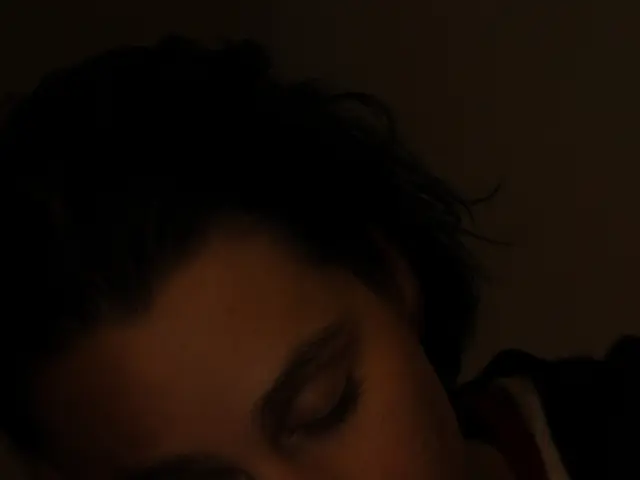Actor Bruce Willis Struggles with Recognizing His Previous Career Highlights
In a poignant turn of events, Hollywood icon Bruce Willis, known for his iconic roles in Die Hard, Pulp Fiction, The Sixth Sense, and numerous other films, has been diagnosed with Frontotemporal Dementia (FTD). This complex condition, which primarily affects the frontal and temporal lobes of the brain, has been a challenging journey for Willis and his family.
FTD is characterized by significant changes in behaviour, language, and, in some cases, motor functions. Common symptoms include personality changes, increased compulsive behaviours, emotional changes, difficulty with speech and communication, and, in some cases, symptoms similar to Parkinson's disease.
In Willis's case, the initial signs included a return of his childhood stutter, followed by behavioural and language changes. His condition was first diagnosed as aphasia, a language disorder, in 2022, but was later clarified as FTD.
Since his diagnosis, Willis has been reportedly non-verbal, unable to read or write, and no longer walks on his own. His family, including his ex-wife Demi Moore, his current wife Emma, and his five daughters, have been actively involved in his care and raising awareness of FTD.
The focus for those experiencing FTD, like Willis, is on managing symptoms to improve quality of life, as there is currently no cure for the condition. Treatment options include pharmacological management, such as Selective Serotonin Reuptake Inhibitors (SSRIs) and atypical antipsychotics, and non-pharmacological interventions like therapies, behavioural support, tailored activity programs, and lifestyle adjustments.
Willis's retirement from acting following his diagnosis has been met with an outpouring of support from fans around the world. His condition has also highlighted the need for more research into early detection and care strategies for FTD. Experts emphasize the importance of support systems, therapy, and early diagnosis for FTD, with life expectancy following an FTD diagnosis generally between seven and thirteen years, depending on the subtype and progression rate.
Emma, Willis's current wife, spoke openly about the grief and "quiet sadness" that accompanies their journey with FTD on their recent wedding anniversary. She emphasized the importance of raising awareness and supporting those affected by the condition.
As the world continues to grapple with the reality of Willis's advanced stages of FTD, public awareness of the condition has increased significantly. Advocacy groups and medical experts applaud the family's openness, hoping that it will lead to further understanding and support for those affected by FTD.
- The science community and health-and-wellness advocates continue to research therapies-and-treatments for Frontotemporal Dementia (FTD), a mental-health condition that affects celebrities like Bruce Willis, with a focus on early detection to improve quality of life.
- In the realm of pop-culture and entertainment, the diagnosis of Bruce Willis with FTD has sparked conversations about mental health, shedding light on the importance of celebrities using their platforms to raise awareness for health issues like FTD.
- As Bruce Willis's family navigates the challenging journey with his advanced-stages of FTD, they underscore the need for comprehensive support systems, including therapy and emotional support, for individuals and families dealing with mental-health conditions like FTD.




